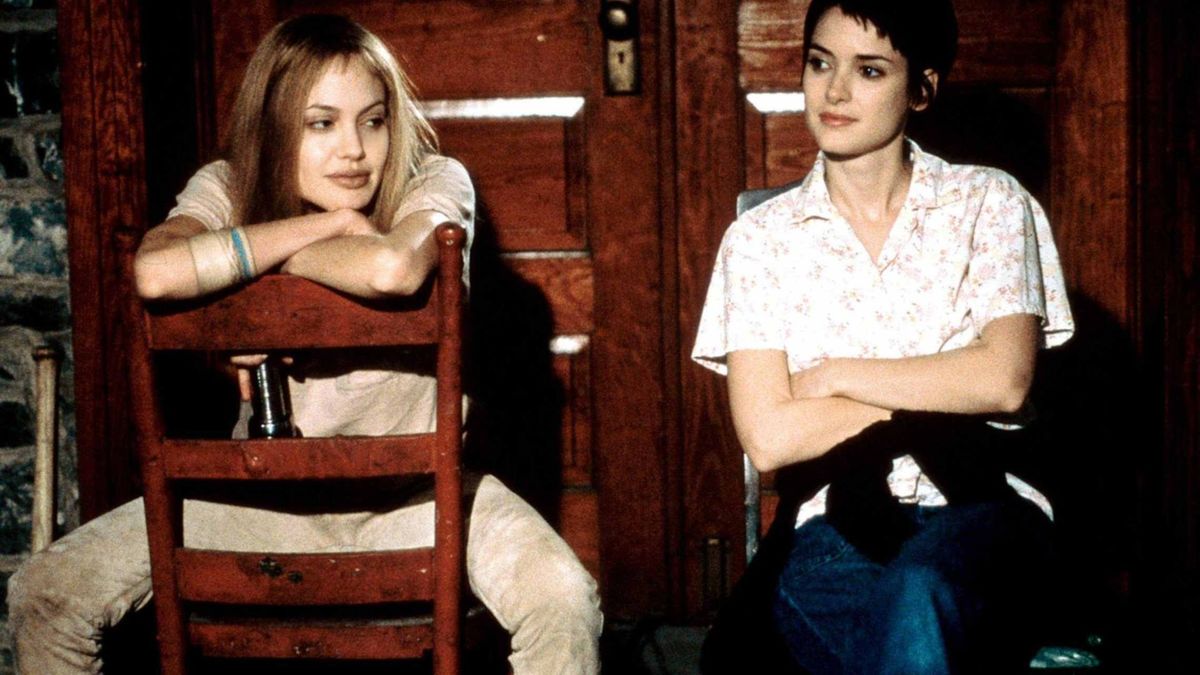‘Girl, Interrupted’ continues to move the needle about mental health

Based on Susanna Kaysen’s 1993 memoir of the same name, Girl, Interrupted remains one of the most resounding films about mental health and illnesses to come out of Hollywood to date.
The James Mangold feature film stars Winona Ryder, Angelina Jolie, Clea DuVall, Elizabeth Moss, and Brittany Murphy, among others. While the movie received lukewarm praise at the time of release and was a moderate hit, it continues to get reappraised, with Ryder, Murphy, and Jolie receiving credit for their standout performances.
Based on a complex subject and featuring convoluted characters, Girl, Interrupted can be a tough nut to crack for audiences, especially after just one watch. This article attempts to break down the biographical psychological drama’s ending, simultaneously shedding light on its themes and the message it’s trying to convey.
Spoilers for Girl, Interrupted follow!
The movie follows Susanna Kaysen’s (Winona Ryder) journey, an 18-year-old who is diagnosed with Borderline Personality Disorder (BPD) and is admitted to a local psychiatric hospital. At the hospital, Susanna comes across and befriends an assortment of women, all facing different forms of mental health issues.
As the movie progresses, Susanna forms a close bond with Lisa Rowe (Angelina Jolie), a sociopath who earns her trust by sticking up for her. A mutual sense of camaraderie is also established between Susanna, Lisa, Georgina (Clea DuVall), Daisy (Brittany Murphy), and Polly (Elizabeth).
Towards the end, their bond comes to a breaking point after Lisa taunts Daisy about her sexually abusive relationship with her father, driving her to commit suicide. After the incident, Susanna becomes cooperative and starts taking her therapy sincerely, which prompts the doctors to approve her for an exit from the facility. Meanwhile, Lisa is apprehended, and she steals Susanna’s diary, which contains her thoughts about the other girls.
Hoping to turn them against Susanna, Lisa reads excerpts from the diary to Georgina and Polly. However, Lisa comes across comments from Susanna about her cold nature, which enrages her, and she attacks her in the tunnels. In turn, Susanna also loses her cool. She goes on a tirade about Lisa’s shortcomings, listing her abusive behavior, selfish nature, and lack of empathy, and accuses her of being afraid of the world. Lisa breaks down and contemplates suicide until Georgina intervenes.
Before leaving, Susanna visits Lisa in solitary confinement and apologizes, and the latter assures Susanna that her humanity is still intact. Susanna also meets Georgina and Polly and apologizes to them about her diary entries before departing the facility for good.
The film explores a broad spectrum of mental illnesses through its characters, from Susanna’s not-so-publicly apparent BPD patient to Polly’s highly schizophrenic burn victim. Lisa’s character is a separate case study in itself, as she forms a wall of authoritative nature and rudeness around her, using her charm or sharp tongue to get out of unwanted situations. It isn’t until the end of the movie that the audience sees Lisa’s shell breaking, revealing her emotional depth.
While it was released two and a half decades ago, Girl, Interrupted is likely to remain on the list of timeless trailblazers that treat mental illnesses with a delicate touch while simultaneously sending strong messages through characters like Lisa, Daisy, and Polly.
Have a tip we should know? tips@themarysue.com